Home>Garden Essentials>What Happens If I Eat Watermelon Seeds
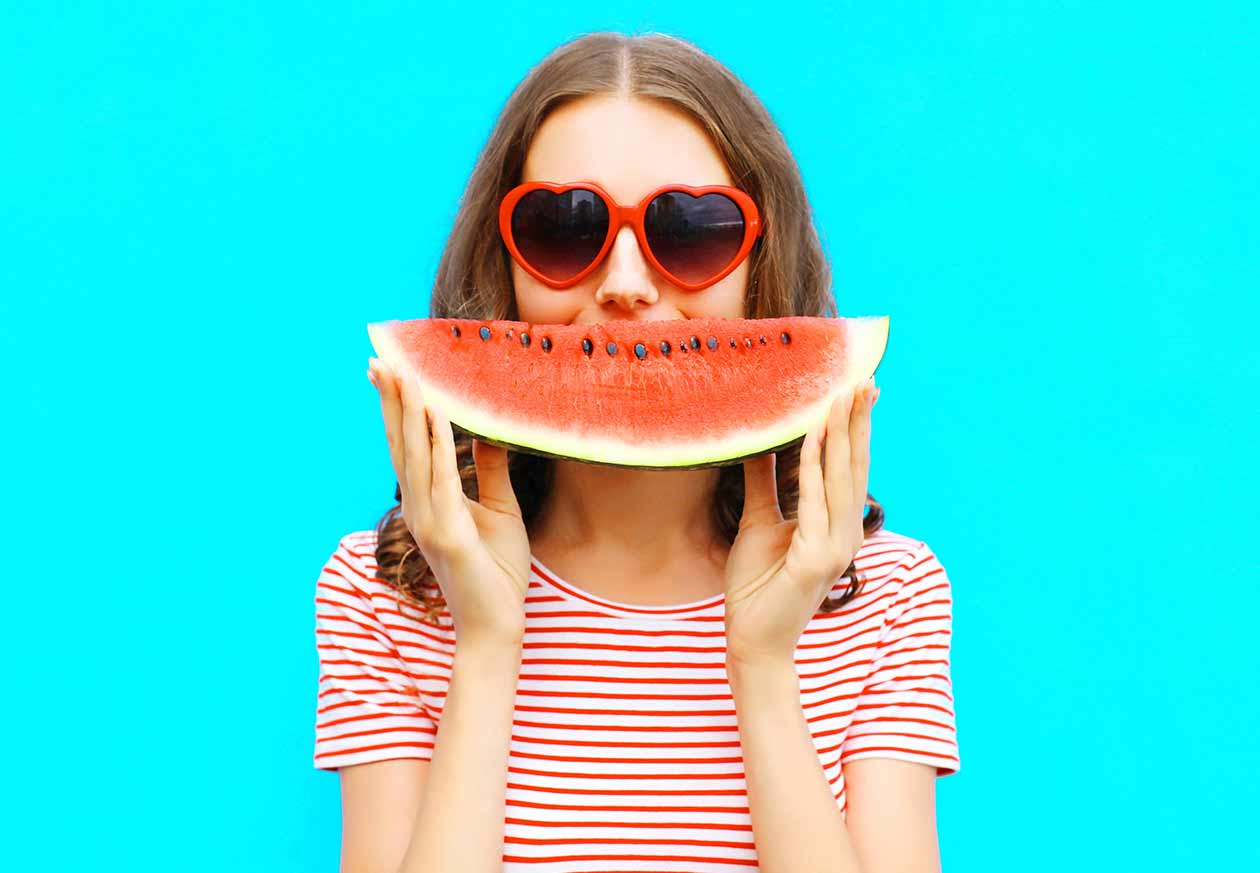

Garden Essentials
What Happens If I Eat Watermelon Seeds
Modified: March 24, 2024
Learn about the effects of consuming watermelon seeds from your garden. Find out if they are safe to eat and the potential benefits or risks involved.
(Many of the links in this article redirect to a specific reviewed product. Your purchase of these products through affiliate links helps to generate commission for Storables.com, at no extra cost. Learn more)
Introduction
Watermelon is a refreshing and juicy fruit that we commonly enjoy during the hot summer months. But it’s not just the sweet flesh of the watermelon that we relish; the seeds hiding within the fruit also have a potential role to play in our diet. However, there has been some debate about whether eating watermelon seeds is harmful or beneficial for our health. In this article, we will unravel the truth behind this age-old dilemma and explore the nutritional value and health benefits of watermelon seeds.
When it comes to watermelon seeds, some people believe that consuming them can lead to health problems, such as the growth of watermelon plants inside the body or digestive issues. These claims have led to a common misconception that swallowing watermelon seeds is harmful. However, it’s important to separate fact from fiction and delve deeper into the truth about watermelon seeds.
Watermelon seeds are not only safe to eat but can also offer some health benefits. They are a good source of essential nutrients, including protein, healthy fats, vitamins, minerals, and antioxidants.
Stay tuned as we debunk the myths surrounding watermelon seeds and uncover their nutritional value and potential health benefits. We will also provide some guidelines on how to incorporate watermelon seeds into your diet safely. So, let’s dig in and separate the seeds of truth from the fruit of myth!
Key Takeaways:
- Watermelon seeds are safe to eat and offer health benefits like protein, healthy fats, and vitamins. Enjoy them roasted, sprouted, or raw, but remember to chew thoroughly and eat in moderation.
- Incorporating watermelon seeds into your diet can support heart health, weight management, and digestive health. Be mindful of potential choking hazards and practice moderation for a healthy lifestyle.
Read more: What Happens When You Eat Watermelon Seeds
Myth or Reality?
The notion that eating watermelon seeds can cause watermelon plants to grow inside the body is purely a myth. Our digestive system is designed to break down and extract nutrients from the food we consume, including watermelon seeds. The seeds go through a process in the stomach where they break down, just like any other food item.
Another common concern is that watermelon seeds can cause digestive problems or blockages. While it is true that excessive consumption of seeds, such as eating them by the handful, can cause discomfort or digestive issues, it is highly unlikely to happen in normal consumption.
It’s important to note that watermelon seeds have a tough outer shell that is difficult to break with our teeth alone. In fact, it’s more likely that the seeds will pass through our digestive system intact. However, this doesn’t mean that the seeds are useless or should be discarded.
Watermelon seeds have a diverse nutrient profile, including protein, healthy fats, and important vitamins and minerals. They are a concentrated source of nutrients that can supplement our diet and provide various health benefits. By dismissing the myth and embracing the reality, we can tap into the potential of watermelon seeds for our well-being.
Nutritional Value of Watermelon Seeds
Watermelon seeds may be small, but they pack a nutritional punch. They are rich in essential nutrients that can contribute to a healthy diet. Here is a breakdown of the nutritional composition of watermelon seeds:
1. Protein: Watermelon seeds are an excellent source of plant-based protein. They contain about 30 grams of protein per 100 grams. Protein is essential for growth, repair, and maintenance of tissues in our body, and incorporating watermelon seeds into our diet can help meet our protein needs.
2. Healthy Fats: Watermelon seeds are a good source of healthy fats, including monounsaturated fats and polyunsaturated fats. These fats are beneficial for heart health and can help lower bad cholesterol levels. They also provide a feeling of satiety, keeping us feeling fuller for longer periods.
3. Fiber: Watermelon seeds are high in dietary fiber, which aids in digestion and helps maintain regular bowel movements. Consuming adequate fiber promotes a healthy digestive system and can prevent constipation. Incorporating watermelon seeds into your diet can help increase your fiber intake.
4. B-vitamins: Watermelon seeds contain B-vitamins, including niacin, folate, and thiamine. These vitamins are crucial for energy production, nervous system function, and the production of red blood cells. Adding watermelon seeds to your diet can provide these essential B-vitamins.
5. Minerals: Watermelon seeds are a good source of minerals such as magnesium, zinc, and iron. Magnesium plays a vital role in various bodily functions, including muscle function, nerve function, and regulating blood pressure. Zinc is essential for a healthy immune system, while iron is crucial for oxygen transport and preventing anemia.
6. Antioxidants: Watermelon seeds are rich in antioxidants, including vitamin E. Antioxidants play a key role in protecting our cells from damage caused by free radicals, which can contribute to chronic diseases and aging.
Overall, watermelon seeds offer a wide range of essential nutrients that can contribute to a balanced and nutritious diet. They provide a plant-based source of protein, healthy fats, fiber, vitamins, minerals, and antioxidants. So, don’t underestimate the nutritional value of these small but mighty seeds. Incorporating them into your diet can be a smart and healthy choice.
Potential Health Benefits of Watermelon Seeds
Watermelon seeds have been associated with various potential health benefits. While research is still ongoing, here are some of the ways that watermelon seeds may contribute to our well-being:
1. Heart Health: The healthy fats found in watermelon seeds, such as monounsaturated and polyunsaturated fats, can help promote heart health. These fats can help lower bad cholesterol levels and reduce the risk of heart disease. Additionally, the presence of magnesium in watermelon seeds can aid in maintaining a healthy blood pressure level.
2. Weight Management: Watermelon seeds are nutrient-dense and contain a good amount of protein and fiber. Protein and fiber are known to promote feelings of fullness and can aid in weight management by curbing overeating and snacking between meals.
3. Digestive Health: The fiber content in watermelon seeds can support a healthy digestive system. Fiber adds bulk to the stool and helps regulate bowel movements, preventing constipation. It also promotes the growth of beneficial bacteria in the gut, aiding in overall digestive health.
4. Immune System Support: Watermelon seeds contain immune-boosting nutrients like zinc and vitamin E. Zinc is vital for a strong immune system and helps in various immune-related functions. Vitamin E is an antioxidant that can support immune function and protect cells from oxidative stress.
5. Bone Health: Watermelon seeds are a good source of essential minerals like magnesium, which is important for maintaining healthy bones. Magnesium contributes to bone density and is essential for the absorption and metabolism of calcium.
6. Skin and Hair Health: The presence of vitamin E and antioxidants in watermelon seeds can promote healthy skin and hair. Vitamin E is known for its antioxidant properties, which help protect the skin from damage caused by free radicals. It may also promote hair growth and improve the overall condition of the hair.
7. Nutrient Boost: Incorporating watermelon seeds into your diet can provide a nutritional boost due to their rich nutrient profile. They can serve as a convenient and healthy snack option or be used in various recipes to enhance the nutritional content of meals.
It is important to note that while watermelon seeds have potential health benefits, they should be consumed in moderation as part of a balanced diet. Enjoying a handful of watermelon seeds as a snack or incorporating them into your meals can be a healthy addition to your overall lifestyle. As always, it’s best to consult with a healthcare professional or registered dietitian before making any significant dietary changes or if you have specific health concerns.
Eating watermelon seeds in moderate amounts is safe and won’t harm you. However, consuming a large quantity could cause stomach discomfort. So, it’s best to spit out the seeds or buy seedless watermelon if you prefer not to eat them.
Are Watermelon Seeds Safe to Eat?
Yes, watermelon seeds are safe to eat. Contrary to popular belief, consuming watermelon seeds will not cause watermelons to grow inside your body or lead to any harm. Our digestive system is fully capable of processing and digesting watermelon seeds, just like any other food we eat.
However, it’s important to note that watermelon seeds have a hard outer shell that is difficult to break with our teeth alone. In fact, most of the time, the seeds will pass through our digestive system intact. But don’t let that deter you from enjoying the nutritional benefits they offer.
To make watermelon seeds easier to chew and digest, it is recommended to roast or sprout them before consumption. Roasting watermelon seeds can give them a crunchy texture and enhance their flavor. Sprouting, on the other hand, involves soaking the seeds in water to activate the germination process, making them softer and easier to chew.
It’s essential to consume watermelon seeds in moderation, just like any other food. While they offer numerous health benefits, excessive consumption of watermelon seeds could lead to discomfort or digestive issues. Therefore, it’s best to enjoy them as a part of a varied and balanced diet, rather than consuming them in excessive amounts.
If you have a specific health condition or gastrointestinal issues, it’s always a good idea to consult with a healthcare professional or registered dietitian before incorporating watermelon seeds into your diet.
In summary, watermelon seeds are safe to eat and can be a nutritious addition to your diet. Don’t let the myths deter you from enjoying these little powerhouse seeds. Just remember to consume them in moderation, consider roasting or sprouting them for easier digestion, and enjoy the potential health benefits they offer.
How to Eat Watermelon Seeds
If you’re interested in incorporating watermelon seeds into your diet, there are a few ways you can enjoy them:
1. Roasted: Roasting watermelon seeds is a popular method to enhance their flavor and texture. Simply preheat your oven to 325°F (165°C). Rinse the seeds to remove any fruit residue, then pat them dry. Toss them with a little bit of olive oil and your choice of seasonings, such as salt, pepper, or spices. Spread them out on a baking sheet and roast for about 15-20 minutes or until they turn golden brown. Allow them to cool before enjoying this crunchy and tasty snack.
2. Sprouted: Sprouting watermelon seeds can make them easier to chew and digest. Start by soaking the raw seeds in water for a few hours or overnight. After soaking, drain the water and rinse the seeds. Place them in a sieve or cheesecloth and cover with a damp cloth or paper towel. Leave them in a warm and dark place for a day or two, rinsing them with water every 12 hours. Once you see tiny sprouts, they’re ready to eat. Use them in salads, sandwiches, or as a nutritious topping on other dishes.
3. Ground into a Powder: Another way to incorporate watermelon seeds into your diet is by grinding them into a powder. This can be easily done using a food processor or coffee grinder. The resulting powder can be added to smoothies, oatmeal, baked goods, or sprinkled over yogurt for an extra nutritional boost.
4. Snack on them Raw: If you don’t mind the slightly chewy texture, you can also enjoy watermelon seeds raw. Simply rinse them to remove any fruit residue and pat them dry. Eat them on their own as a snack, incorporate them into trail mixes or granola, or sprinkle them over salads for a crunchy element.
Remember to always consume watermelon seeds in moderation and chew them thoroughly to aid in digestibility. As with any food, personal preferences may vary, so feel free to experiment with different methods to find the one you enjoy the most.
When purchasing watermelon seeds, opt for organic or natural varieties whenever possible. This ensures that the seeds are free from harmful chemicals or additives that may compromise their nutritional value.
Have fun exploring the various ways to eat watermelon seeds and enjoy the added nutritional benefits they offer.
Risks and Precautions
While watermelon seeds are generally safe to eat, there are a few risks and precautions to keep in mind:
1. Choking Hazard: Watermelon seeds have a hard outer shell that can be difficult to chew. Swallowing them whole may pose a choking hazard, especially for young children. To prevent choking, it’s important to either remove the shells before consuming or ensure that the seeds are chewed thoroughly.
2. Allergy: Although rare, some individuals may be allergic to watermelon seeds. If you have a known allergy to seeds or nuts, it’s best to avoid watermelon seeds or consult with your healthcare provider before incorporating them into your diet.
3. Oxalates: Watermelon seeds contain oxalates, which are natural compounds found in many plants. High levels of oxalates can contribute to the formation of kidney stones in susceptible individuals. If you have a history of kidney stones or are at risk, it’s advisable to limit your consumption of foods high in oxalates, including watermelon seeds. Drinking plenty of water and maintaining a balanced diet can help mitigate the risk.
4. Pesticide Exposure: When consuming watermelon seeds, it’s important to consider the potential exposure to pesticides. To minimize pesticide intake, opt for organic watermelons or wash the seeds thoroughly before consumption. This can help remove any pesticide residues on the outer shell.
5. Moderation: While watermelon seeds offer various health benefits, it’s important to consume them in moderation. Like any food, excessive consumption can lead to digestive discomfort or gastrointestinal issues. Incorporate watermelon seeds as part of a balanced diet and vary your sources of nutrients to maintain a healthy eating pattern.
As always, it’s best to consult with a healthcare professional or registered dietitian before making any significant dietary changes, especially if you have underlying health conditions or concerns.
By being mindful of these risks and taking necessary precautions, you can safely enjoy the nutritional benefits of watermelon seeds and add them to your diet in a way that best suits your individual needs.
Conclusion
In conclusion, the myth that consuming watermelon seeds can lead to watermelon plants growing inside our bodies is just that—a myth. Watermelon seeds are safe to eat and can even provide numerous health benefits. They are a great source of plant-based protein, healthy fats, fiber, vitamins, minerals, and antioxidants. Incorporating watermelon seeds into your diet can contribute to heart health, weight management, digestive health, immune support, bone health, and promote healthy skin and hair.
To enjoy watermelon seeds, you can roast them, sprout them, grind them into a powder, or simply snack on them raw. However, it’s important to chew them thoroughly to aid in digestion and be mindful of potential choking hazards, especially for young children.
While watermelon seeds are generally safe, it’s essential to practice moderation and consider individual circumstances. Be cautious of any allergies or sensitivities to seeds or nuts, limit your intake if you have a history of kidney stones, and opt for organic or thoroughly washed seeds to reduce pesticide exposure.
As with any dietary changes, it’s always wise to consult with a healthcare professional or registered dietitian, particularly if you have specific health concerns or conditions.
In debunking the myths and embracing the reality, we can fully appreciate the nutritional value and potential health benefits that watermelon seeds offer. So, go ahead and incorporate these little nutritional powerhouses into your diet for a tasty and nutritious twist. Enjoy the unique flavor, crunch, and added nutrients that watermelon seeds provide for a healthier and more balanced lifestyle.
Frequently Asked Questions about What Happens If I Eat Watermelon Seeds
Was this page helpful?
At Storables.com, we guarantee accurate and reliable information. Our content, validated by Expert Board Contributors, is crafted following stringent Editorial Policies. We're committed to providing you with well-researched, expert-backed insights for all your informational needs.
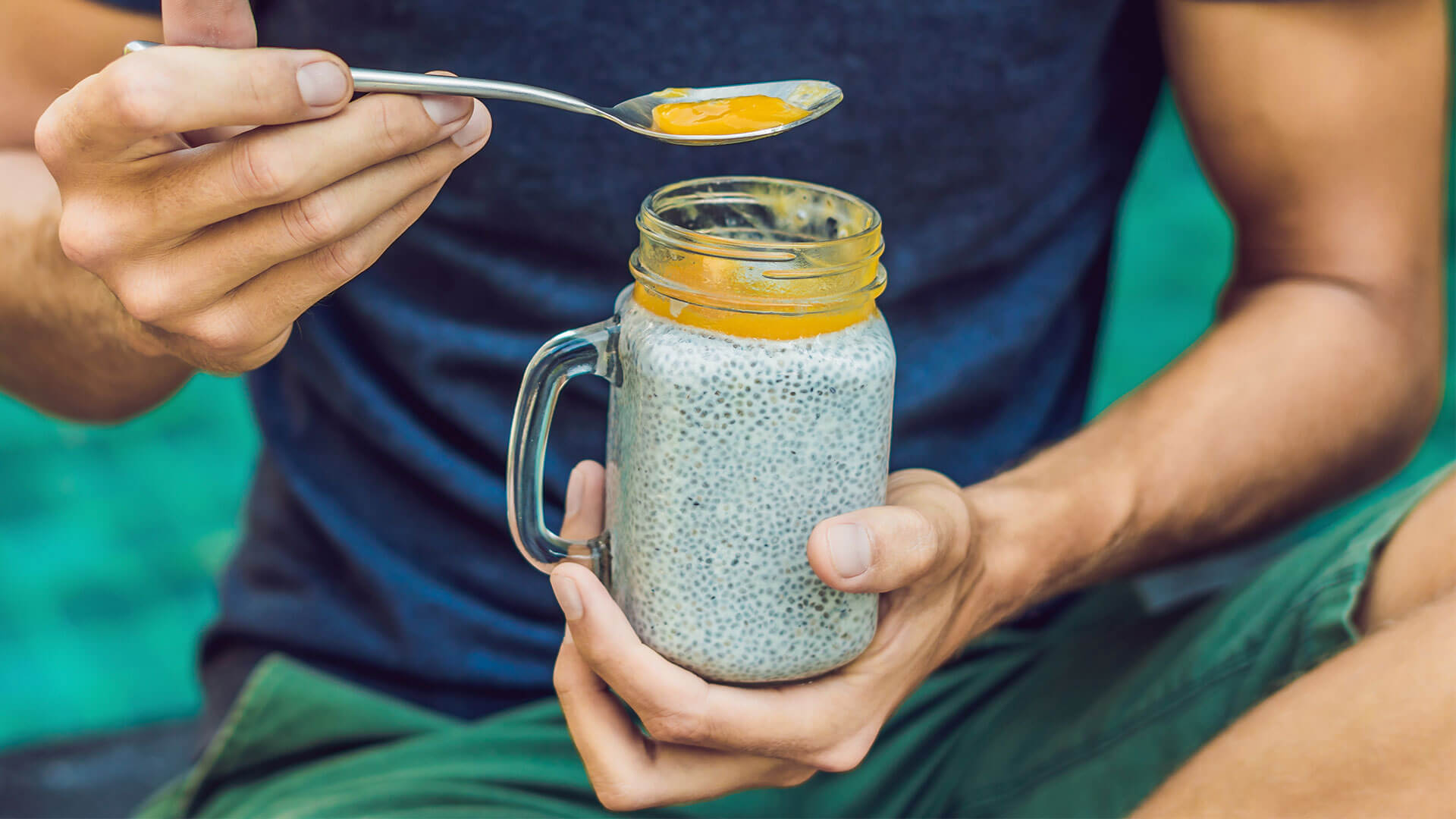
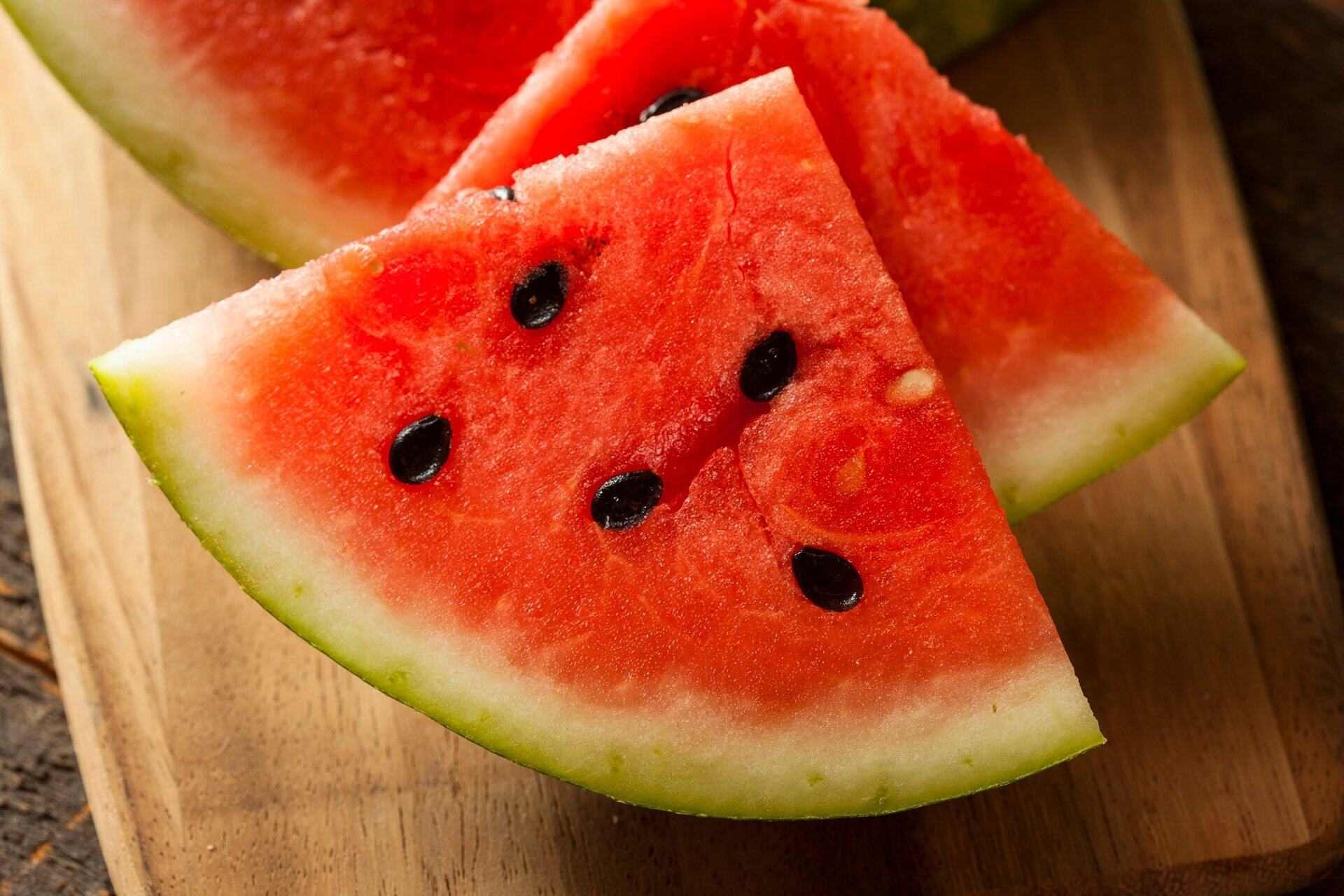
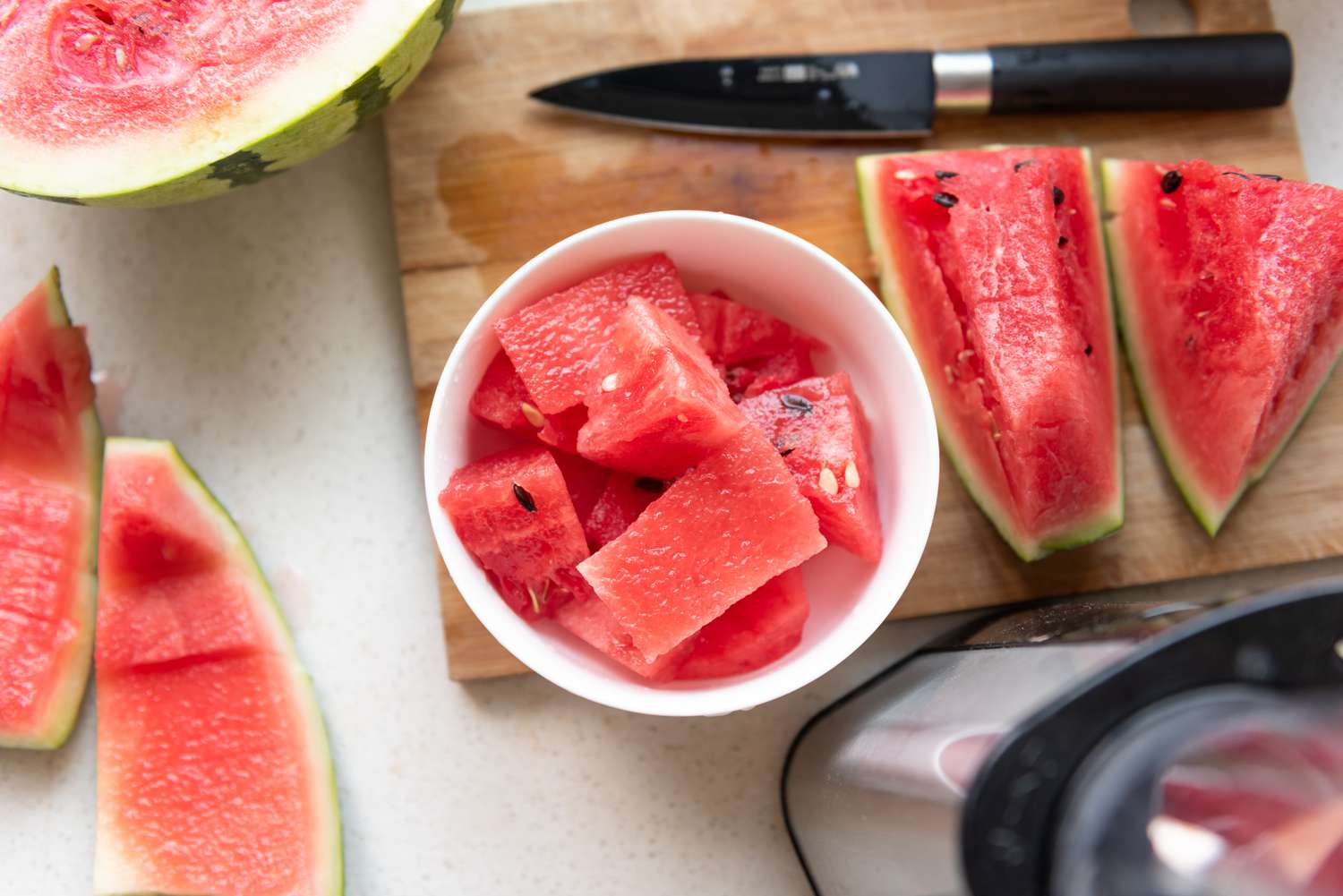
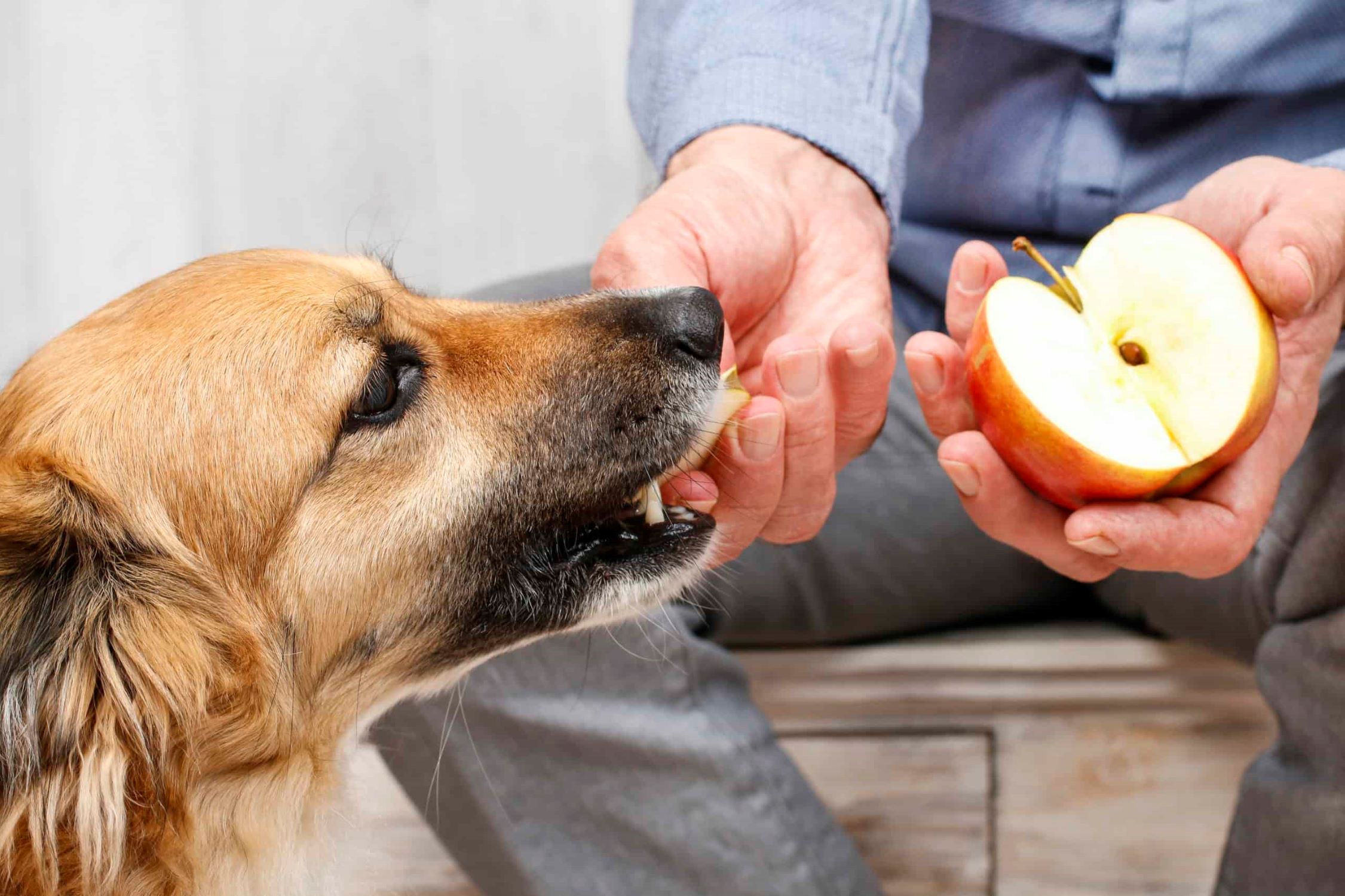
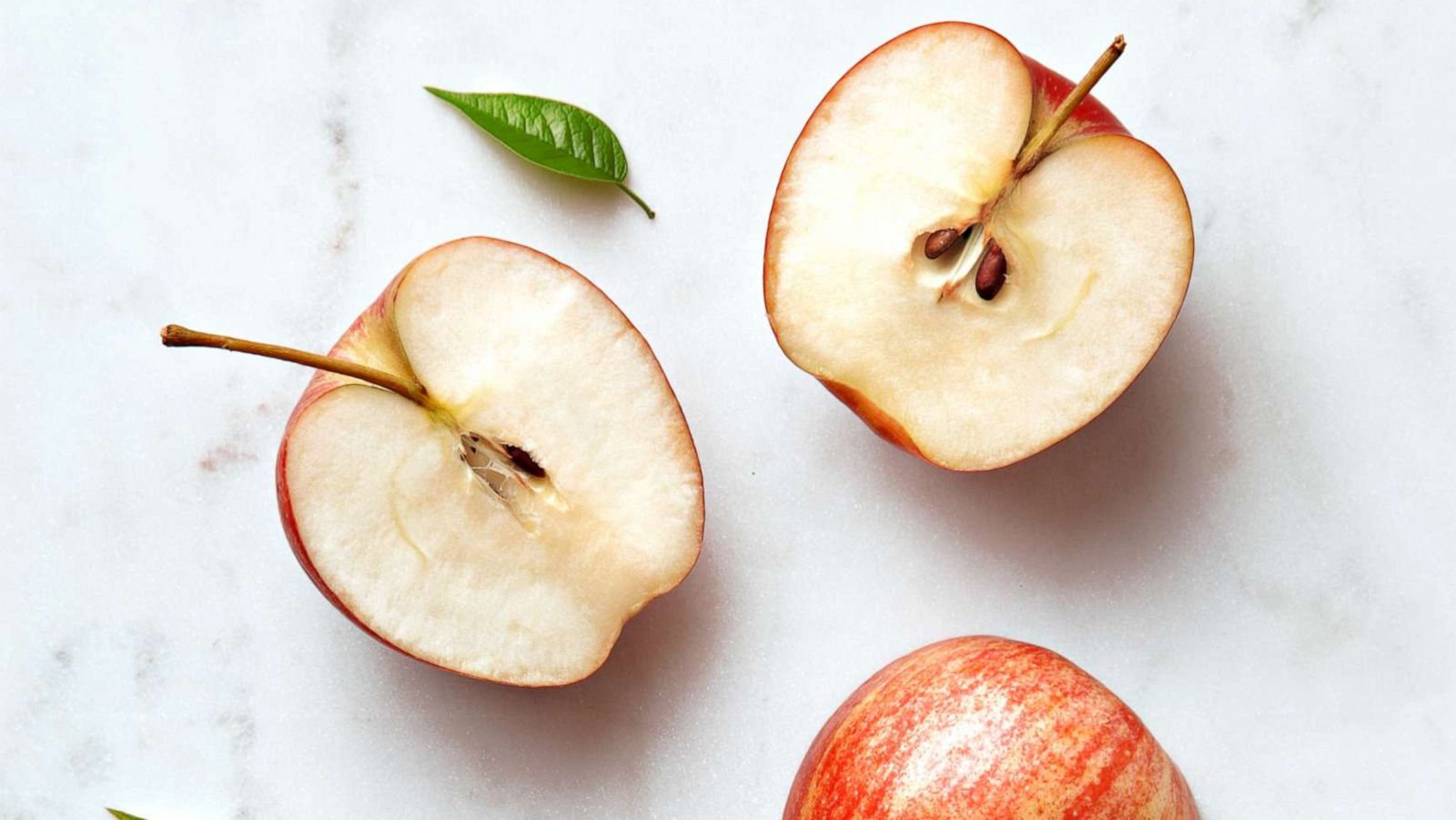
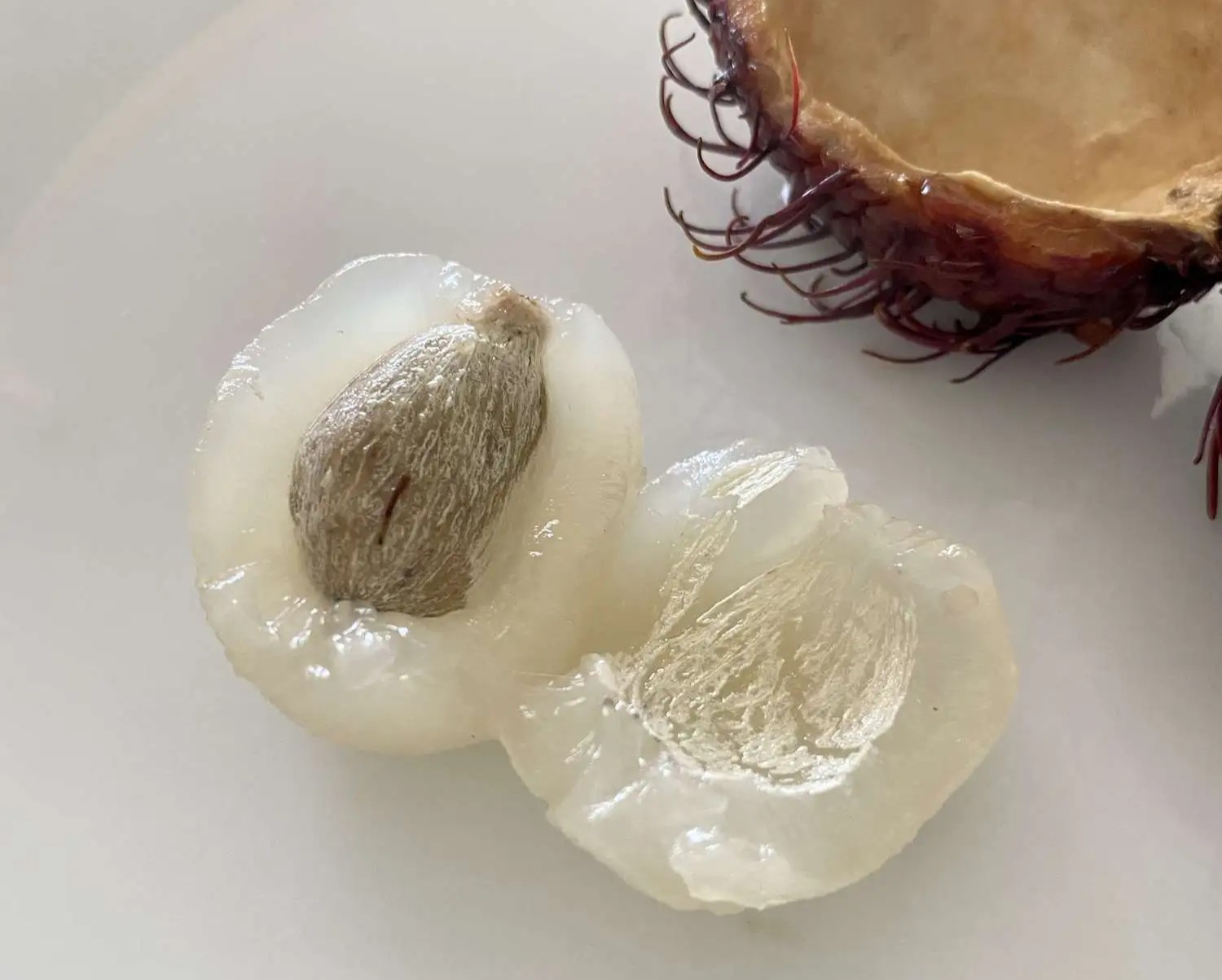
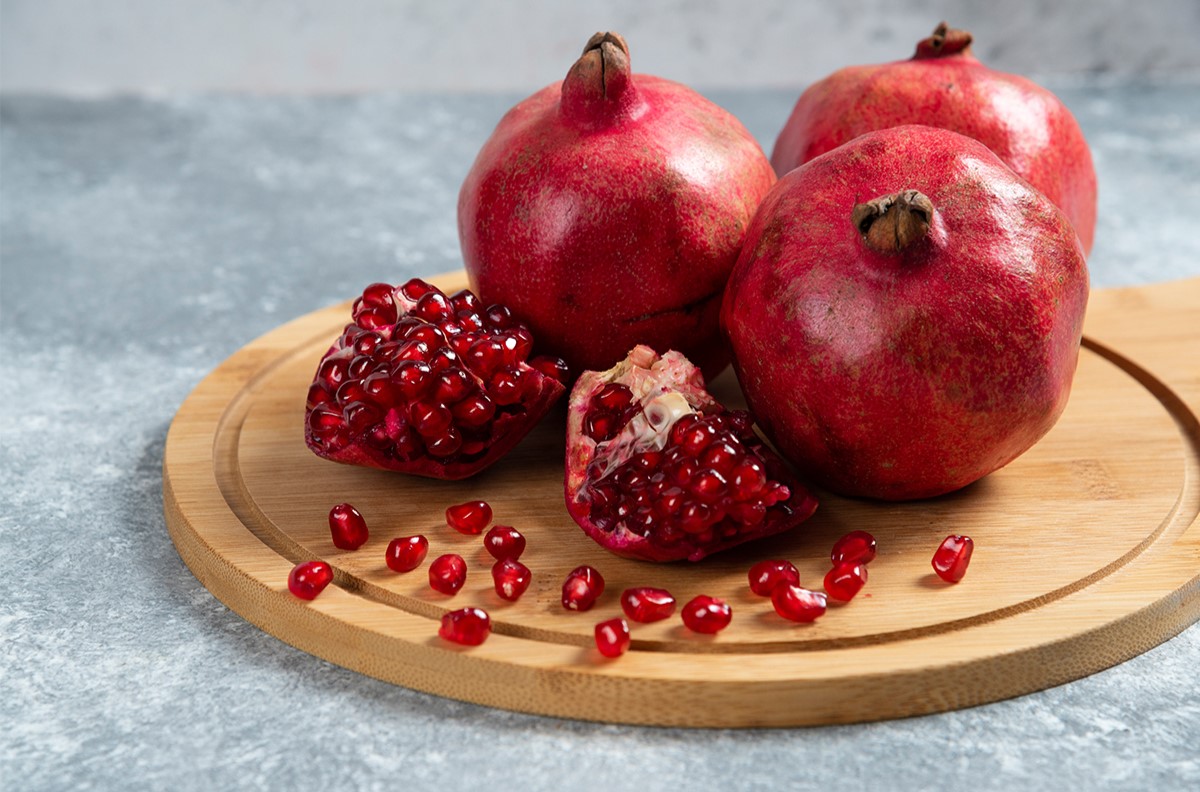
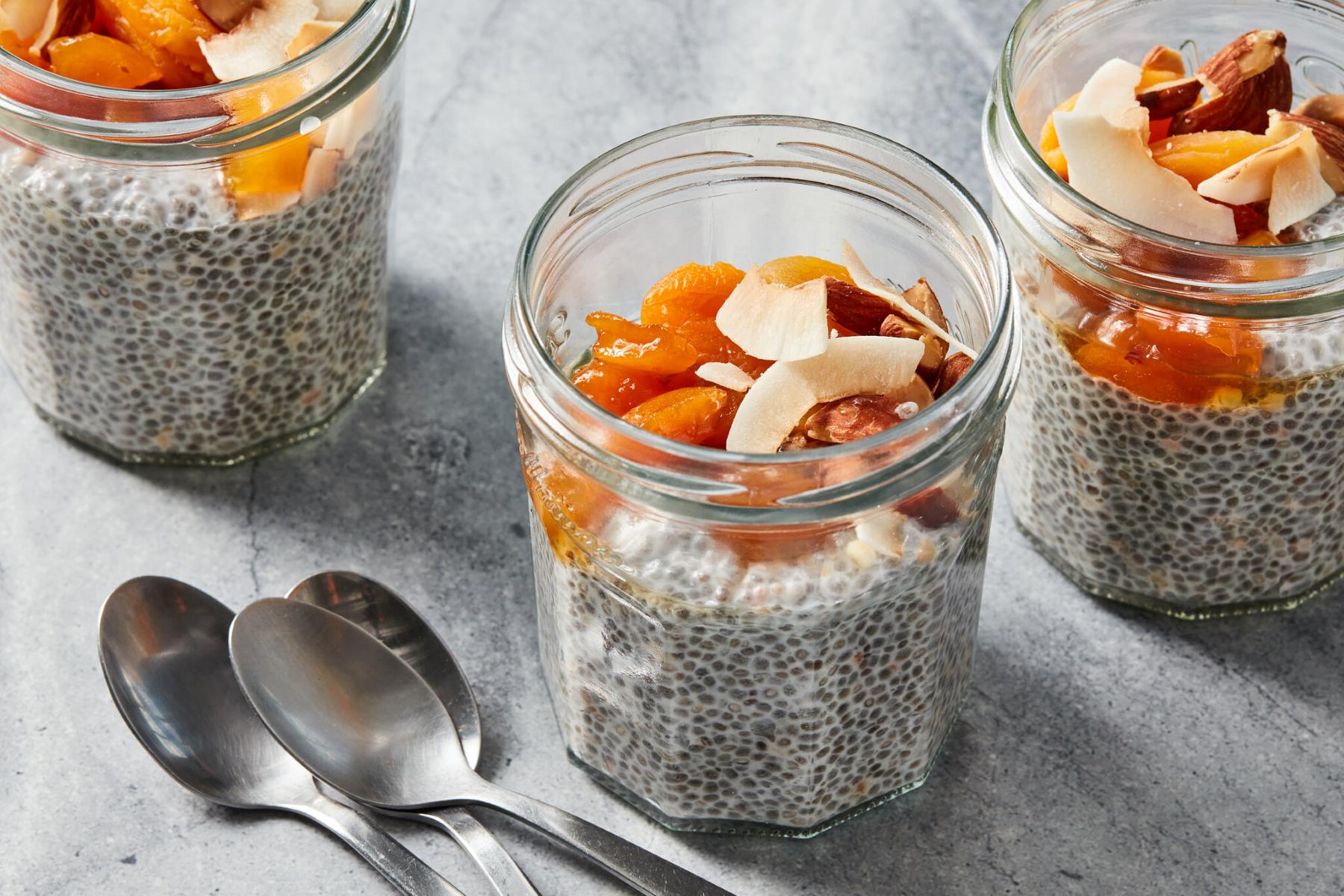
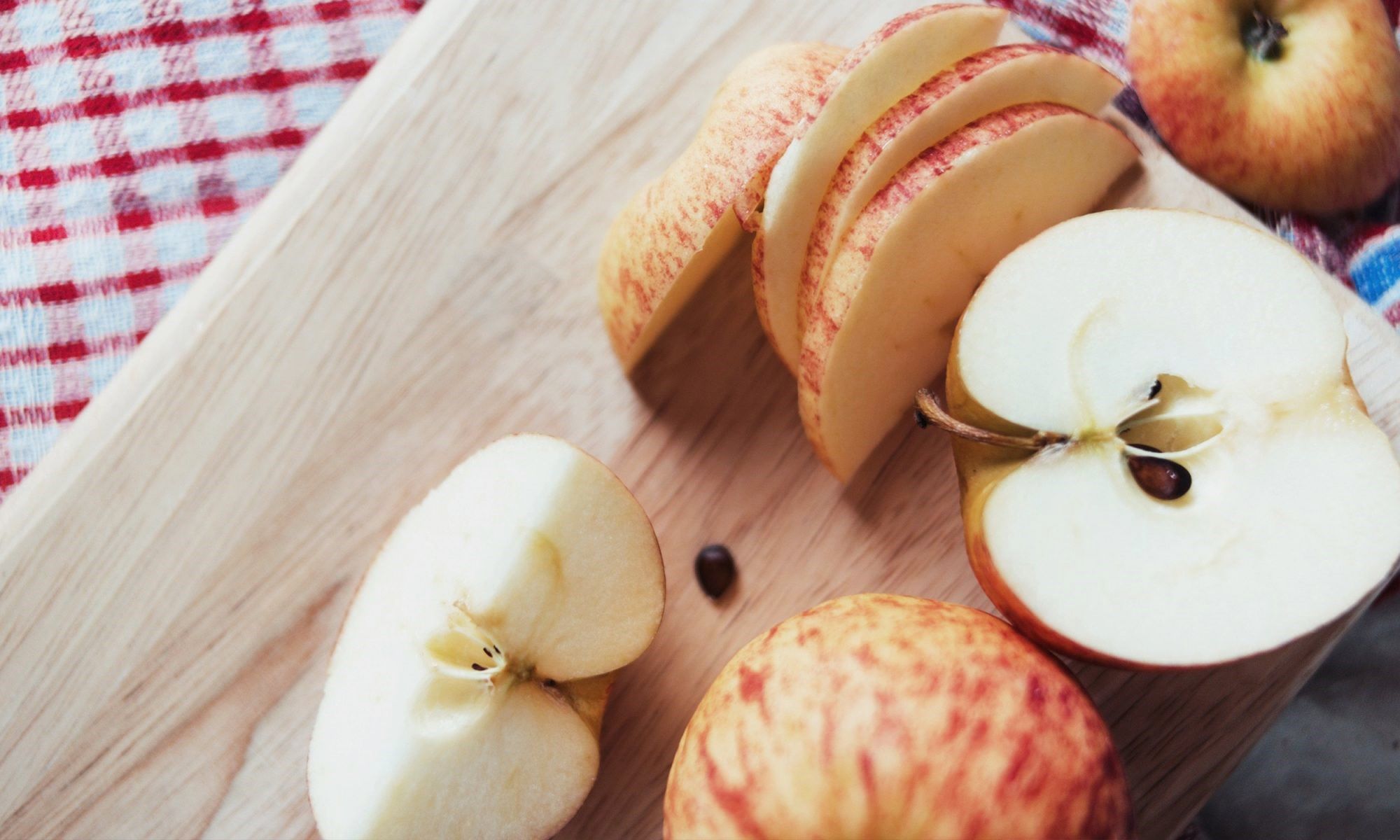
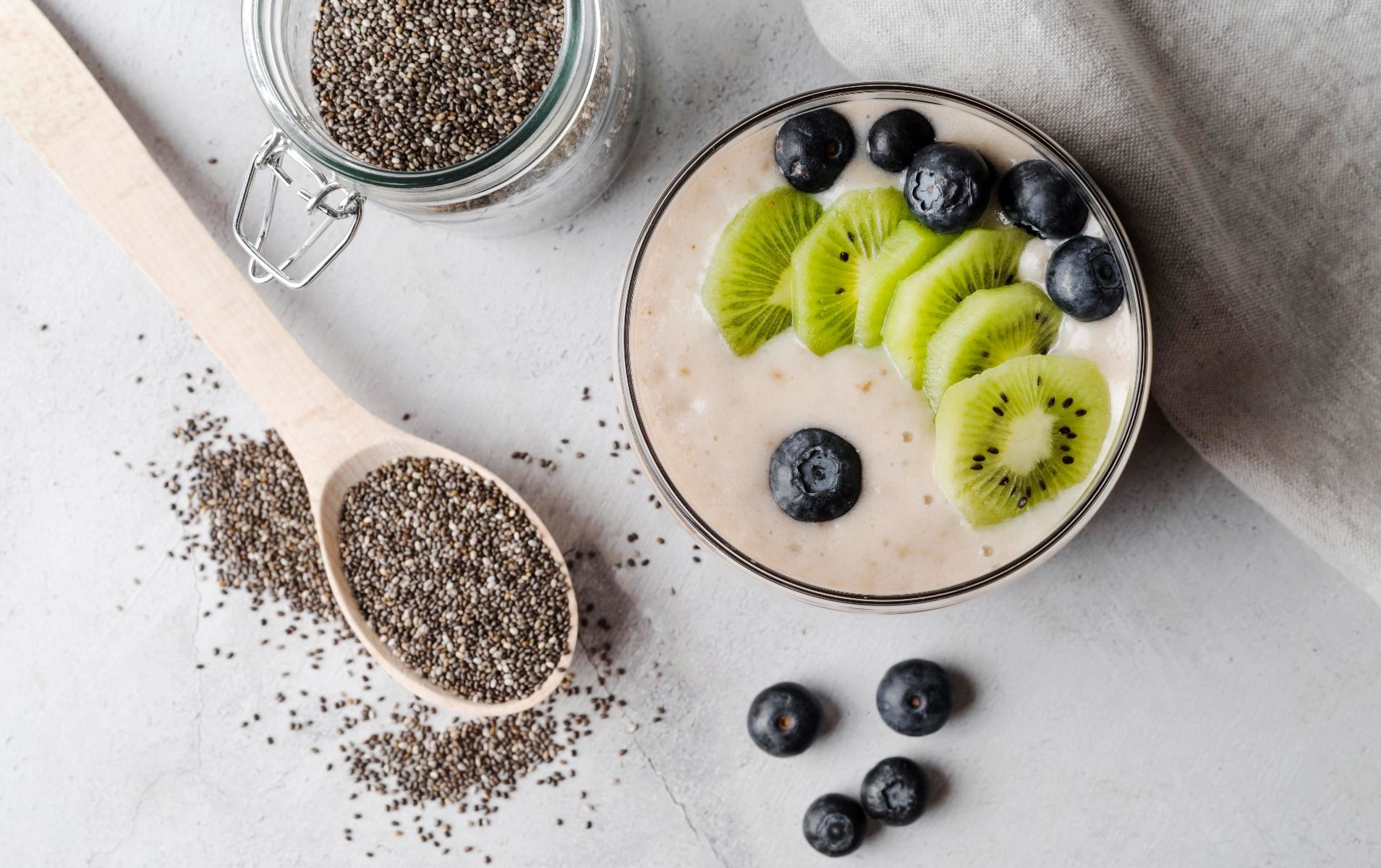
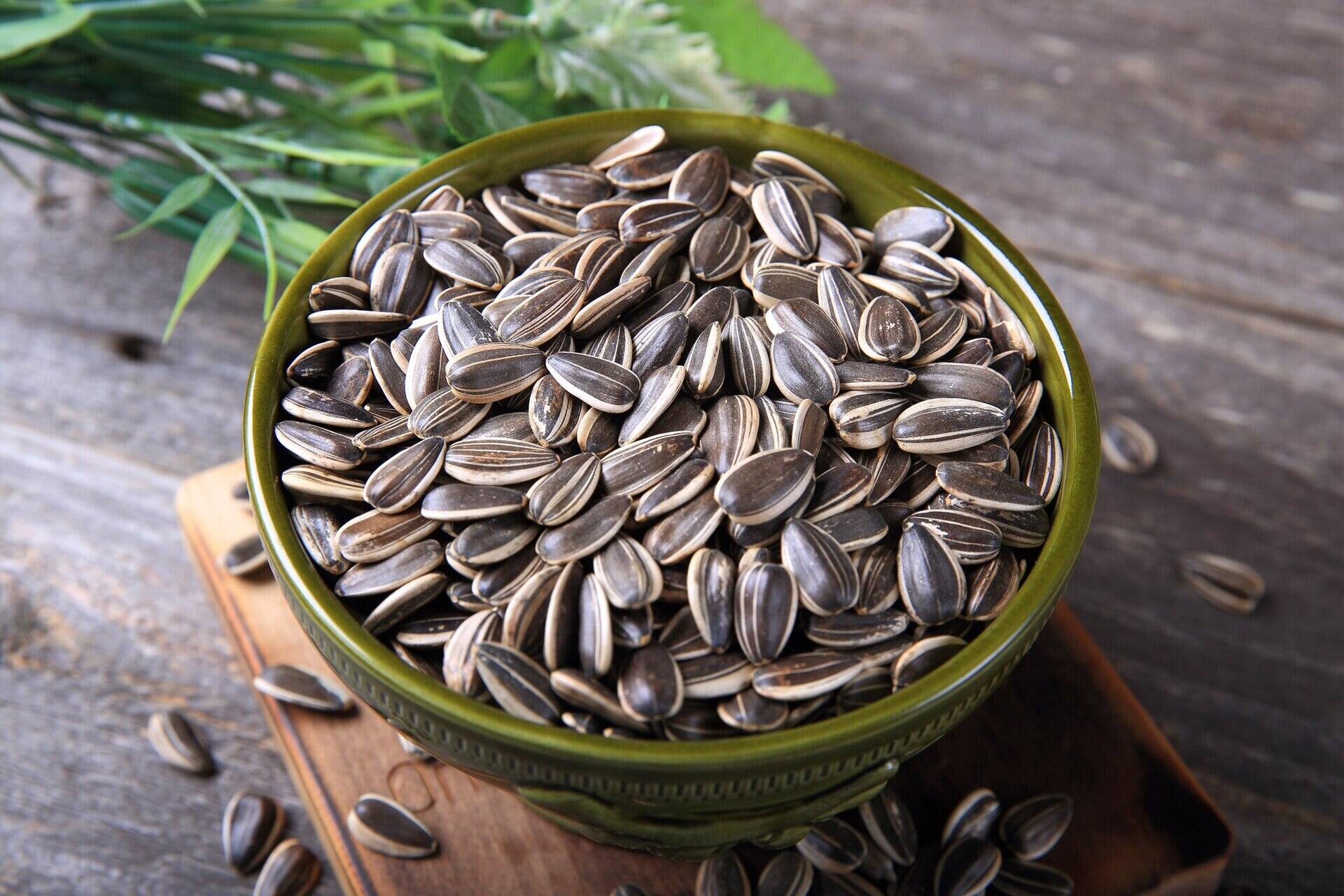
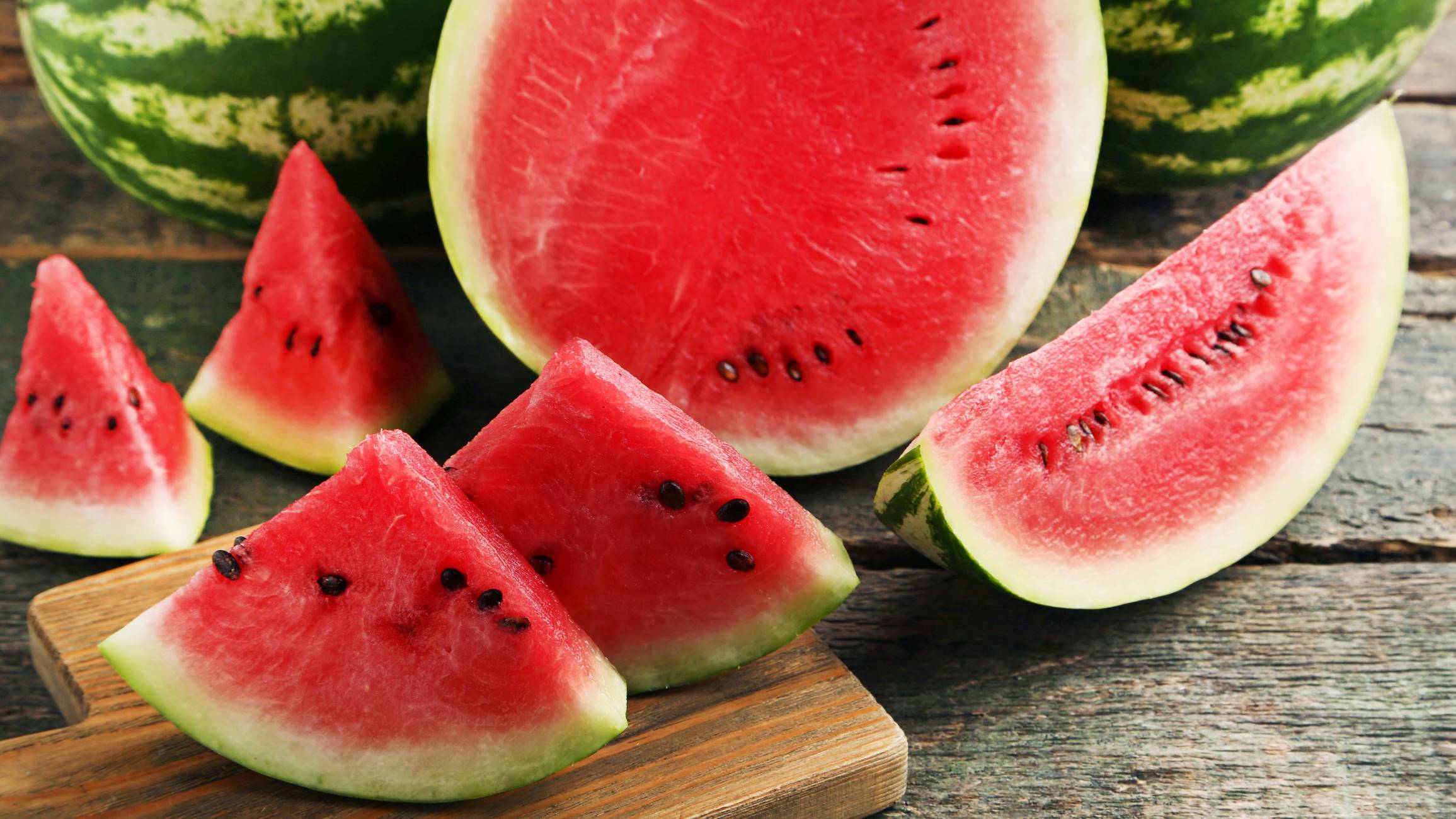
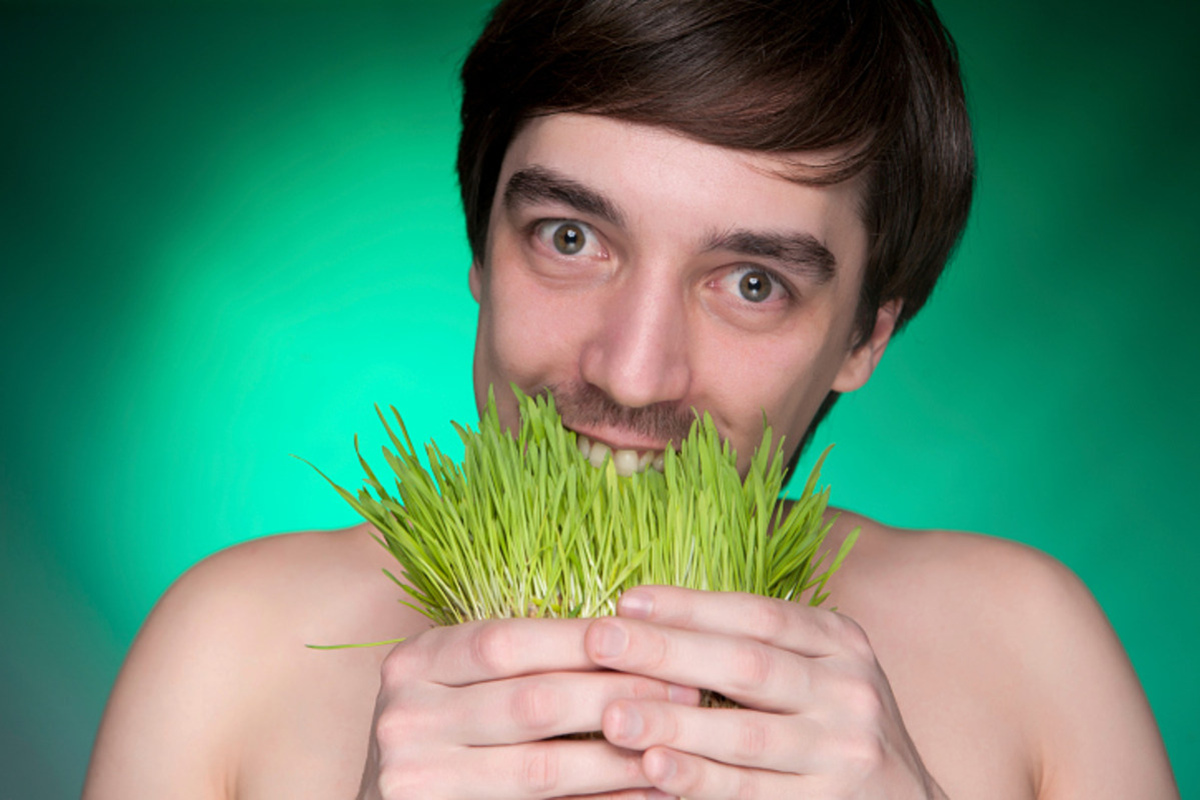
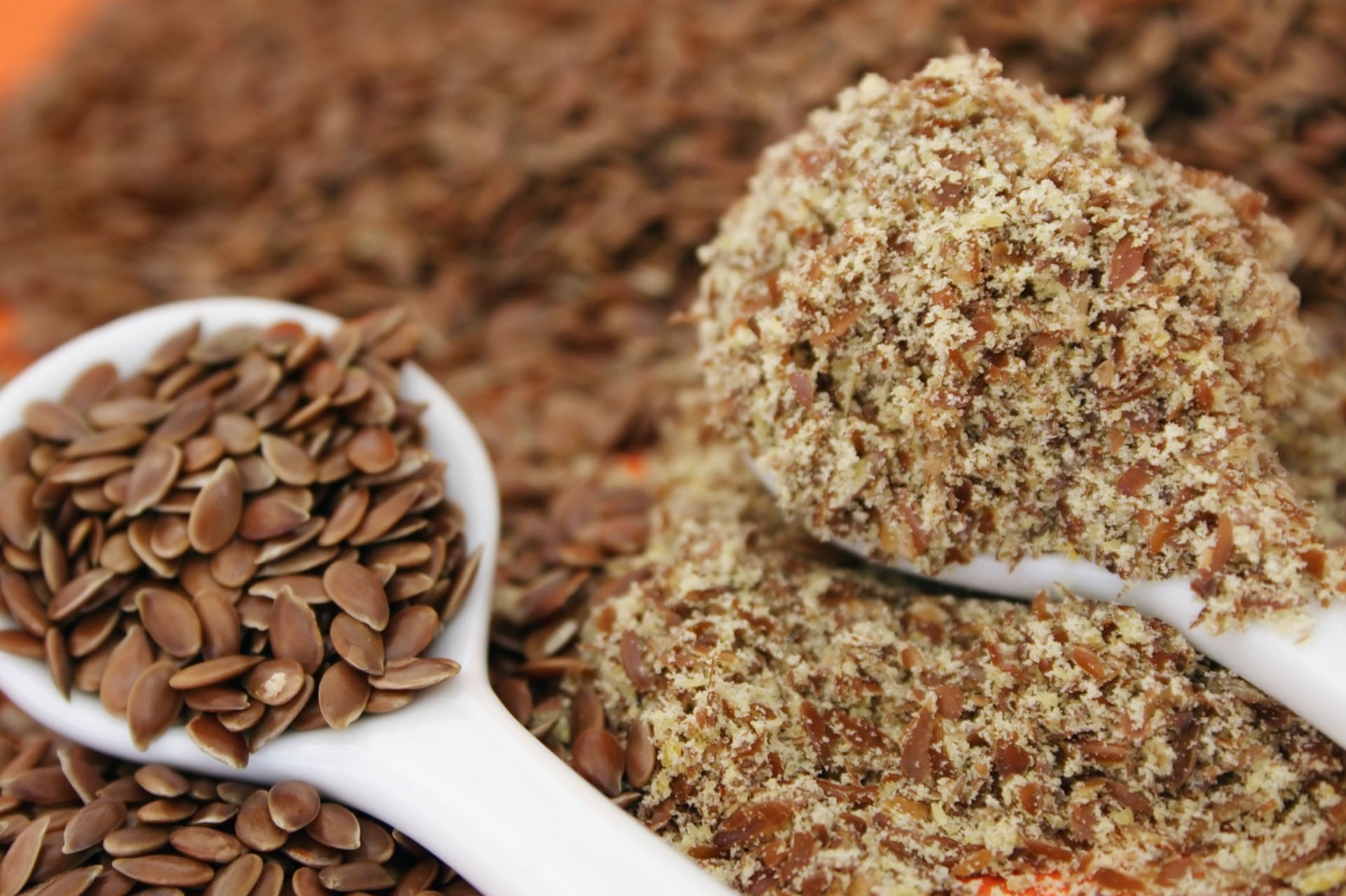

0 thoughts on “What Happens If I Eat Watermelon Seeds”